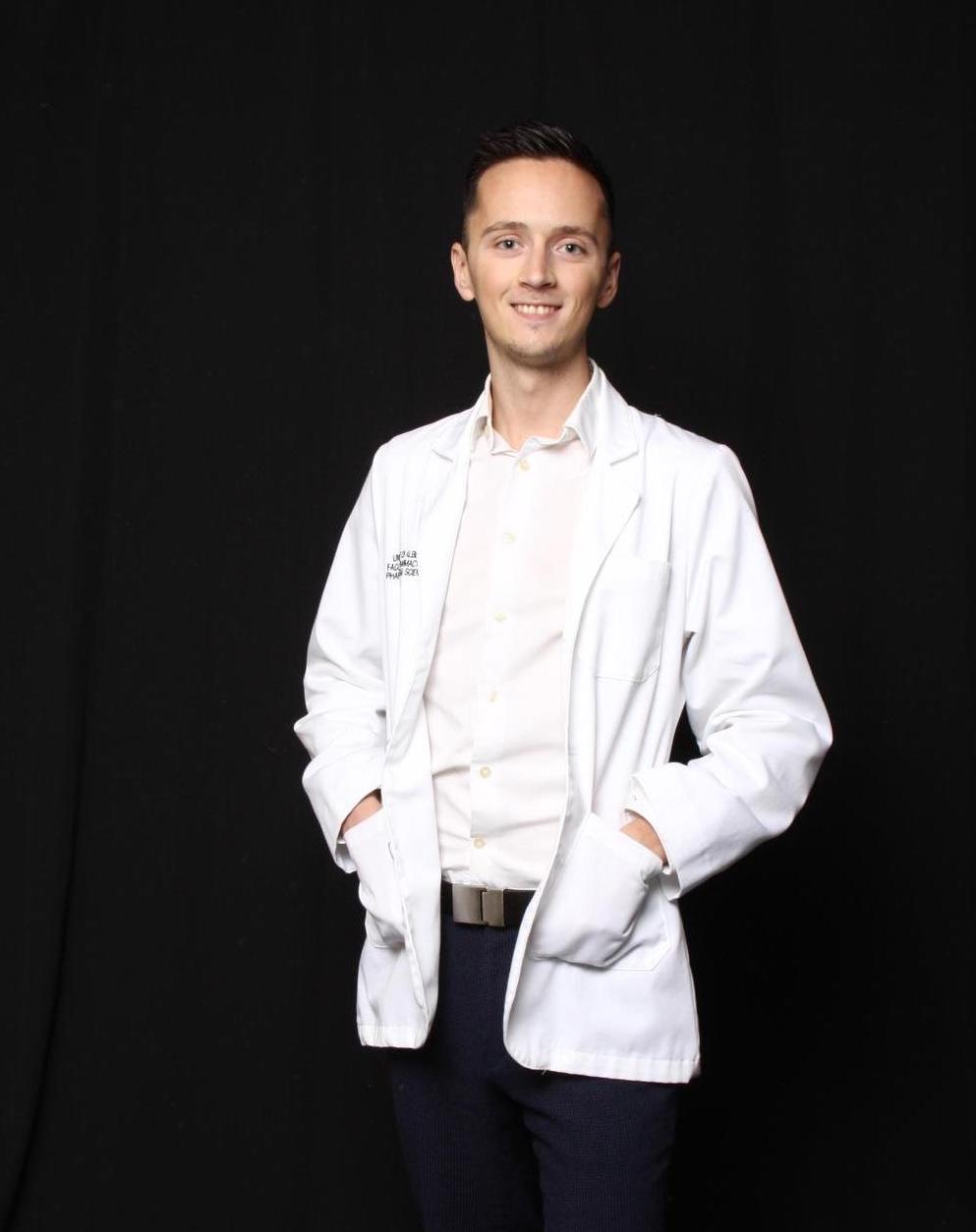A new research study will allow people to access free, quick and confidential testing for HIV, hepatitis C and syphilis in participating community pharmacies.
The study — Adaptation of Point of Care Testing for Pharmacies to Reduce risk and Optimize Access to Care in HIV, HCV and syphilis (APPROACH) 2.0 — has launched in Alberta, following launches in Newfoundland and Labrador and Nova Scotia last December.
APPROACH 2.0 seeks to fill a need in sexual health-care services. The number of people with sexually transmitted blood-borne infections is on the rise. However, many simply don’t know they have these infections, which prevents them from getting effective treatment, explains Christine Hughes, interim dean of the Faculty of Pharmacy and Pharmaceutical Sciences and the Alberta lead for APPROACH 2.0.
“If you’re diagnosed early and get on treatment for HIV, for example, your overall trajectory in terms of your own personal health is much better. And, in the case of hepatitis C and syphilis, we have curative treatments which are available,” says Hughes.
Along with improving personal health, better access to testing could also benefit public health, Hughes notes.
“If you don’t know your status, you can’t take measures to reduce your risk of transmission. That’s critical because there's data showing that a high proportion of HIV transmissions occur from people who don’t know that they have the infection,” she says.
Breaking down barriers
Making sexual health testing services more accessible is challenging because of numerous barriers that exist. Some are physical barriers, such as lack of access to a primary care provider, clinic or testing site, especially in rural or remote communities. Other barriers such as stigma and previous discriminatory or negative experiences in health-care settings may also dissuade people from getting tested.
“When we think of people who are less likely to access our usual health-care systems, they’re often groups that have experienced stigma or have other challenges that are well documented,” says Hughes. “We need to look at reaching people in a safe, inclusive way, but also being able to offer alternative options.”
For many who have avoided sexual health testing because of these barriers, pharmacies can provide a more appealing alternative, says Dylan Moulton, a clinical pharmacist and pharmacy manager at Medi-Drugs Millcreek, one of the pharmacies participating in the study.
“Pharmacists are absolutely removing barriers to health-care access, especially for equity-seeking groups who don’t always feel comfortable accessing traditional health-care spaces that don’t feel safe to them,” Moulton says.
By providing testing for syphilis, hepatitis C and HIV through this study, researchers are trying to determine how efficiently and effectively they can reach people and fill that gap in care at the community pharmacy level.

